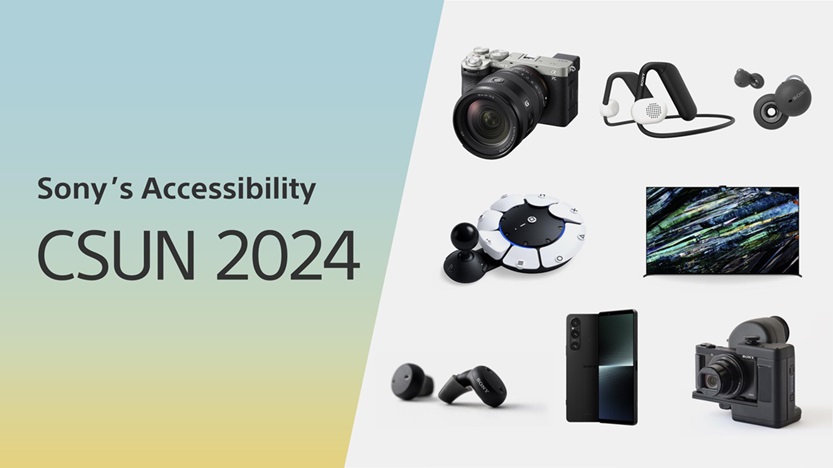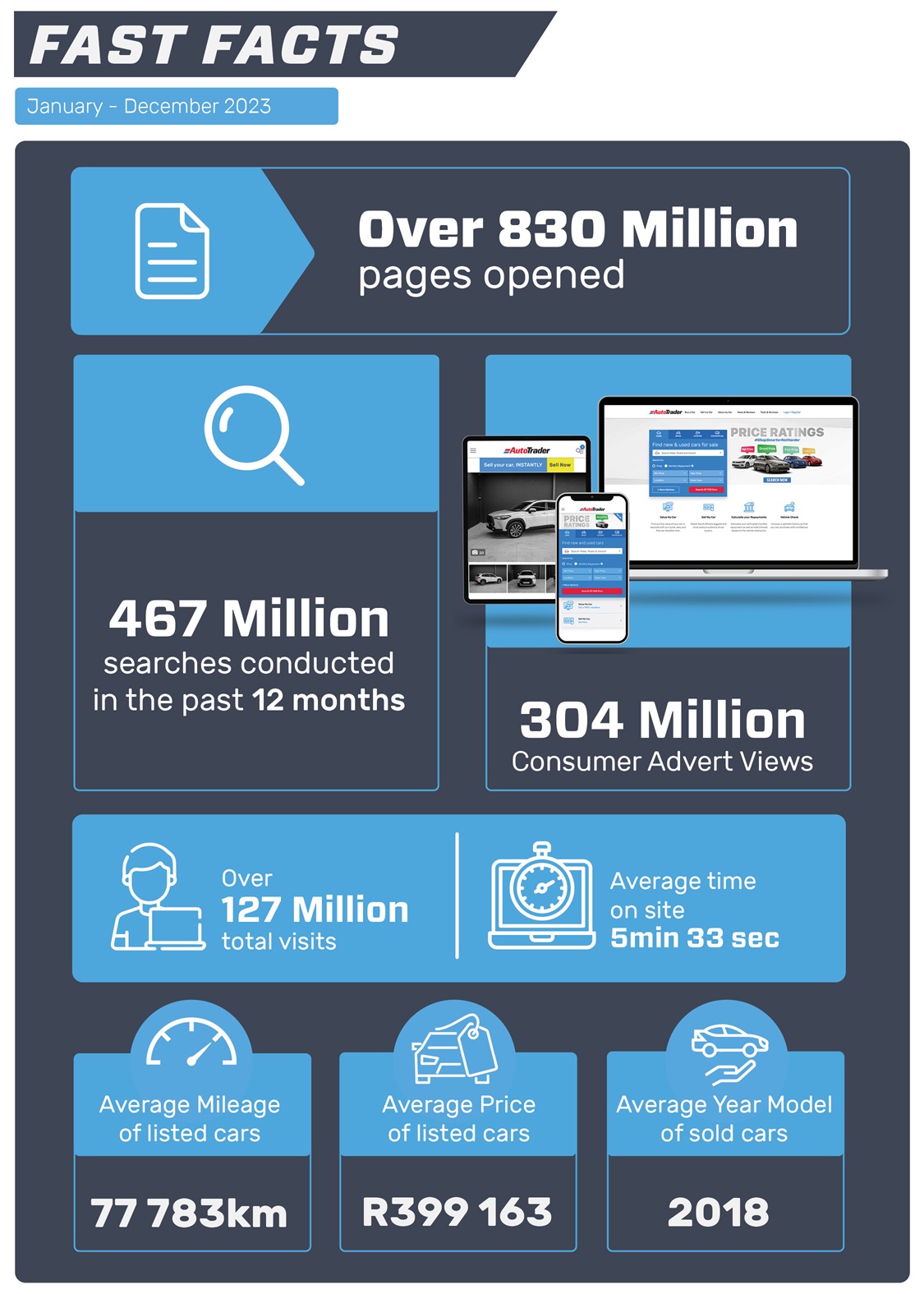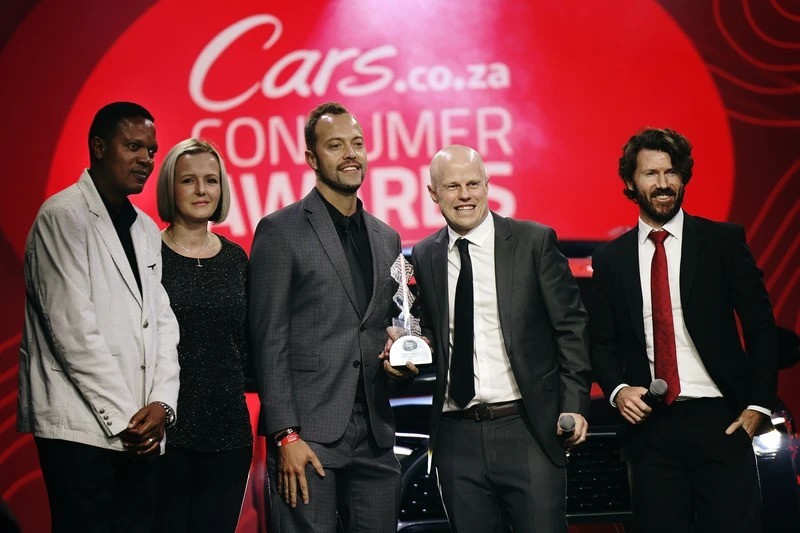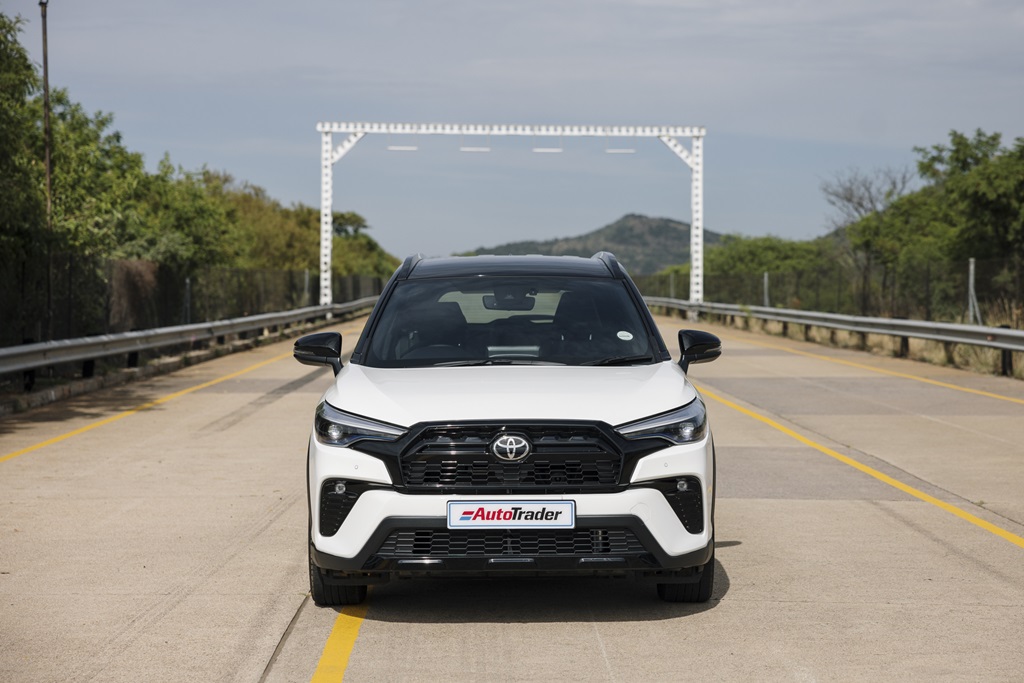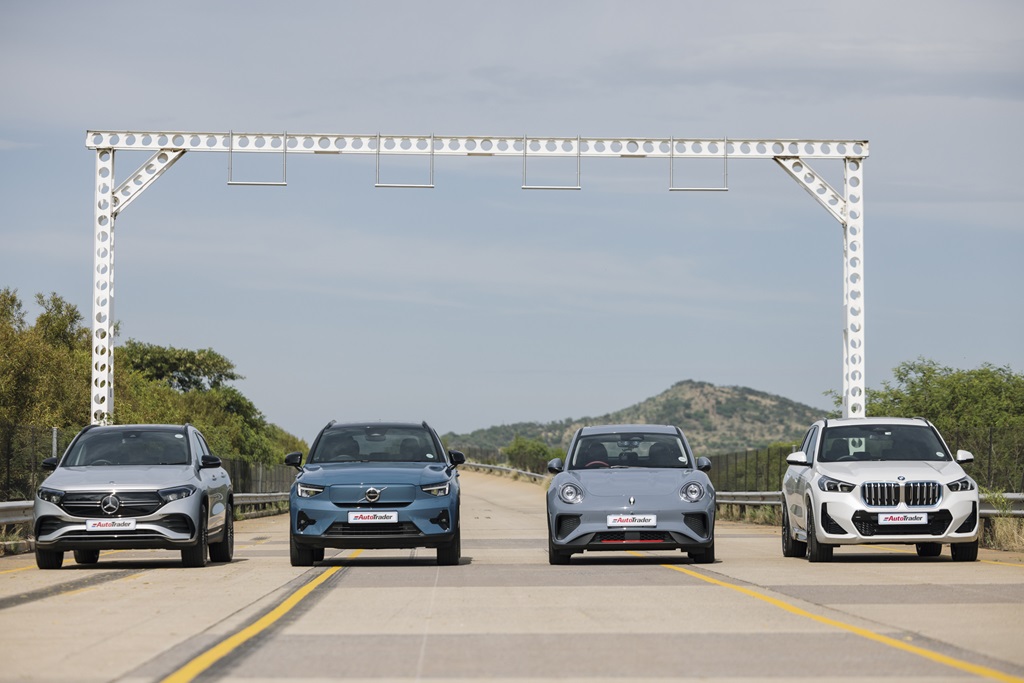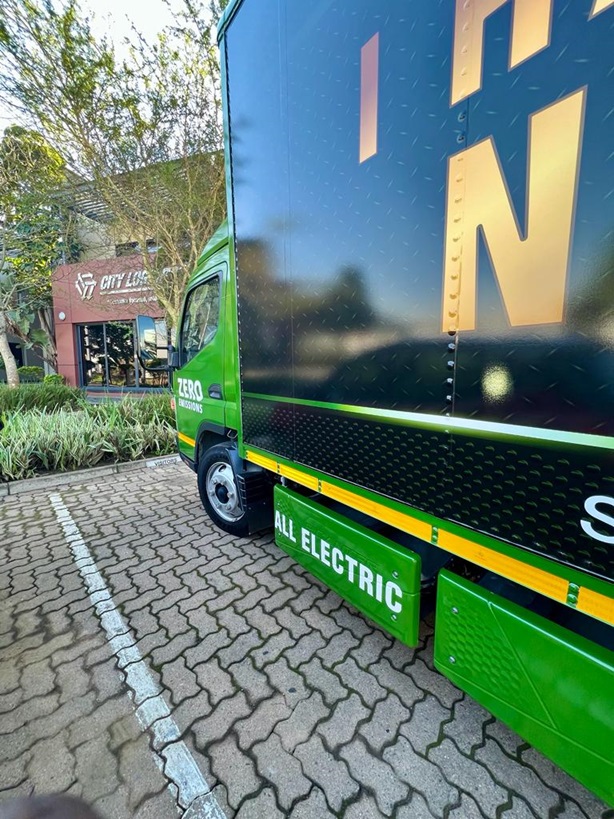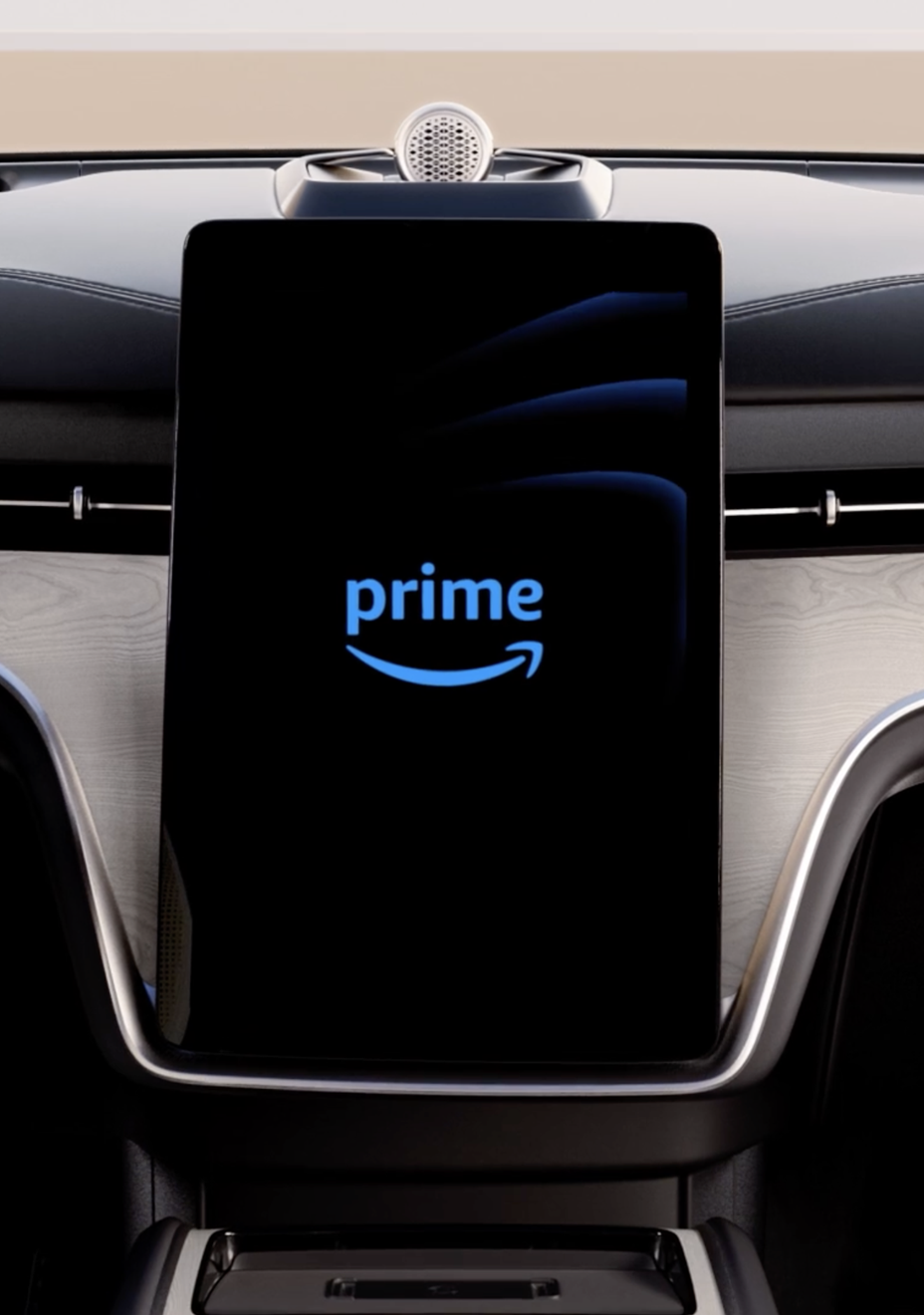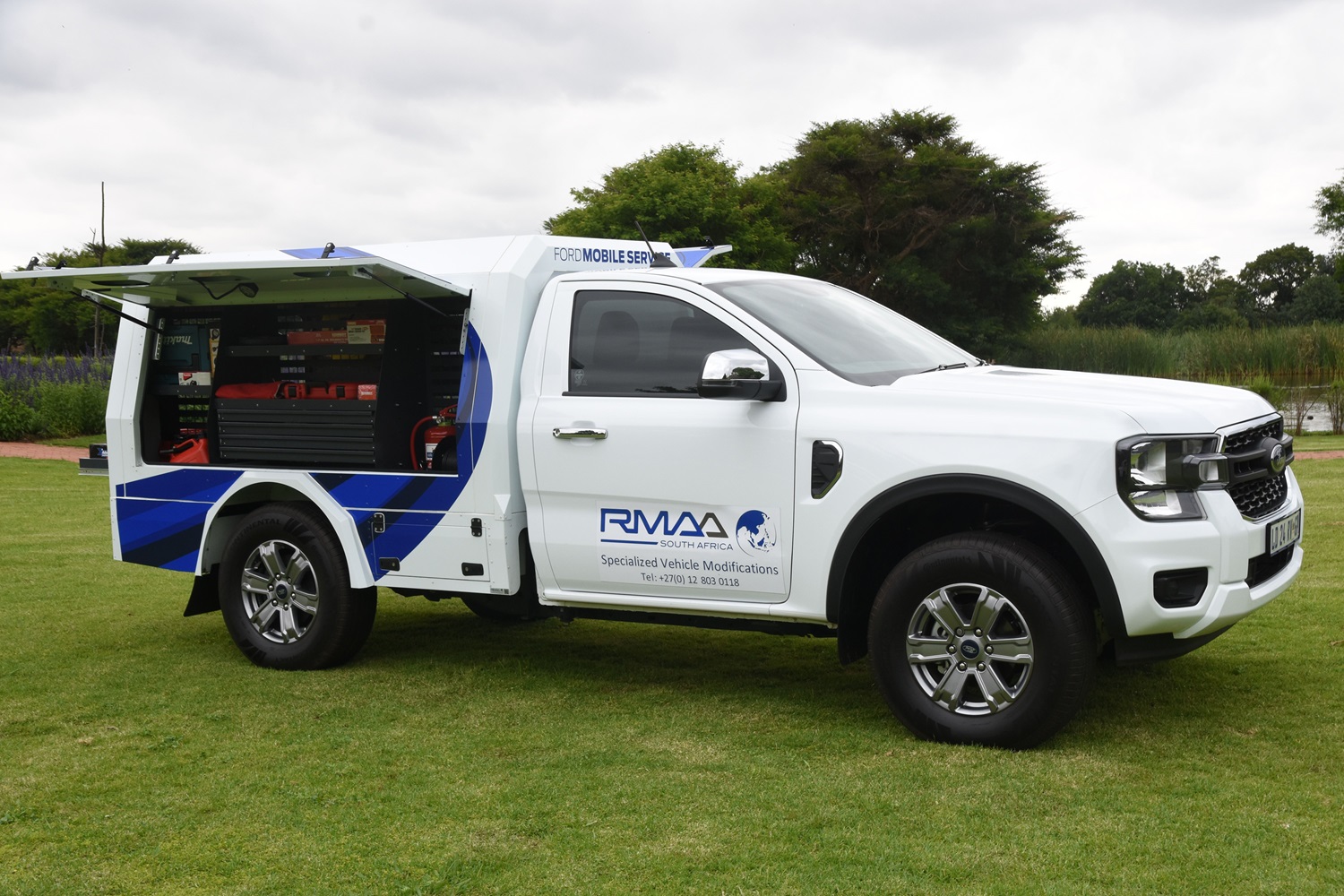When it comes to buying, selling, financing, insuring or even scrapping a used vehicle, determining its value isn’t easy. The only time that two identical vehicles are sure to carry the same price is when they’re parked, brand new, on the dealership floor, about to be driven out for the first time. As soon as they cross the dealership’s threshold, their resale values will undoubtedly be different.
With so many branded and independent dealerships buying and selling vehicles, along with multiple online platforms adding to consumers’ choice of where to close their next deal, it’s difficult to be sure of the true value of a vehicle – and just how much negotiating power you have.
“A used vehicle’s value is determined by a range of factors, including make, model, mileage, the condition of the car, the demand for it in the market, the colour of the car, and what a particular dealer has in stock,” explains Kriben Reddy, head of auto information solutions at TransUnion Africa, which produces the trusted TransUnion Auto Dealers’ Guide. “Together, these factors contribute to the price the dealer gets for the vehicle on the showroom floor.”
As with any specialist business, there are some things that regular consumers may not know about – but that are important considerations in the sale or purchase of a used vehicle.
M&M Code
The Auto Dealers’ Guide, which is online and available as the 1Check app to dealers, contains the retail and trade values of every make and model of car on the market. It collates all the manufacturers’ information and gives each new vehicle a unique code, commonly known as an M&M code. It then collects vehicle sales data from the auto industry, including dealer groups and original factory extras from manufacturers. Finally, TransUnion’s valuation models analyse the data and calculate an average value for every vehicle at any point along its resale value journey.
While dealers tend to use this data as a guide, banks and insurers also lean heavily on these values to determine financing and insurance risk.
Trade price
The ‘trade price’ is what a dealer might be willing to pay for a vehicle they plan to sell, or use as part of an exchange for another. It’s also the average an owner can expect before physical inspection by a qualified evaluator.
Retail price
The ‘retail price’ is the average price a dealer might expect when selling any vehicle of a particular make, model and condition, excluding any adjustments, or extras or accessories. These values normally change monthly.
Influences on value
There are several factors that drive the resale value above or below the average, starting with whether the vehicle is standard or has optional extras, like mag wheels, sunroof, tow bar, roof rack and tinted windows. Good condition is a major factor in determining value, as is mileage: the lower the mileage, the higher the value.
“Right now, dealers will pay more, and achieve a higher retail price, for quality used stock – that is, vehicles with low mileage and in excellent condition – as consumers see value in a quality pre-owned vehicle,” says Reddy. “There are currently many pre-owned vehicles with low mileage, and that are well-specced, that dealers can achieve close to new price for.
“One way of getting the best price for your car is to do your homework. Today, as an ordinary consumer, you can easily access market-related values of vehicles to put yourself on an equal footing when it comes to buying and selling a car, particularly in the current market,” he adds.
The FirstCheck online service for consumers provides the current market value of the car, its full history and the legal status of the vehicle. This includes a link into bank and SA Police Service databases to check if a car is currently being financed, or is flagged as stolen. It also allows consumers to instantly check their creditworthiness by purchasing their credit report. This empowers consumers by giving them the information they need to make better, more informed decisions around buying, selling and insuring cars.
At the same time, dealers can access complementary information about vehicles they intend to buy or sell on the 1Check app, which is the fully digital evolution of the TransUnion Auto Guide that has become the de facto source of information in the South African dealer automotive environment.
The app provides the industry with actionable, verified and robust view of current vehicle and customer data in real time, and brings much-needed consistency and a level playing field to all stakeholders, including dealers, banks, insurers and consumers. It is linked to 56 car brands in the country, and provides access to a range of data points for every vehicle in South Africa, including every VIN number recorded for the past 25 years.
About TransUnion SA
TransUnion is a global information and insights company that makes trust possible in the modern economy. We do this by providing an actionable picture of each person so they can be reliably represented in the marketplace. As a result, businesses and consumers can transact with confidence and achieve great things. We call this Information for GoodSM. TransUnion provides solutions that help create economic opportunity, great experiences and personal empowerment for hundreds of millions of people in more than 30 countries. In South Africa we have the nation’s largest vehicle database and our broad portfolio includes products that address fraud, identity and risk management, automated decisioning, and marketing. Our customers include two of the four largest banks, the top 10 insurance companies, and top multinationals in banking, retail and telcom.
For more information visit: www.transunion.co.za
Provided by TransUnion SA



